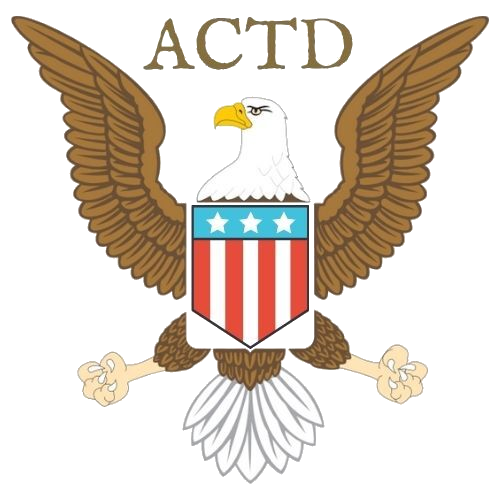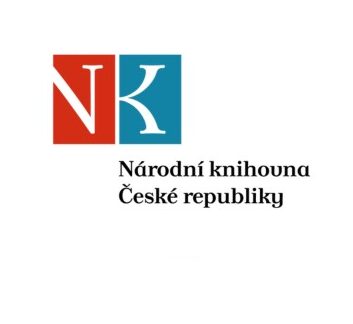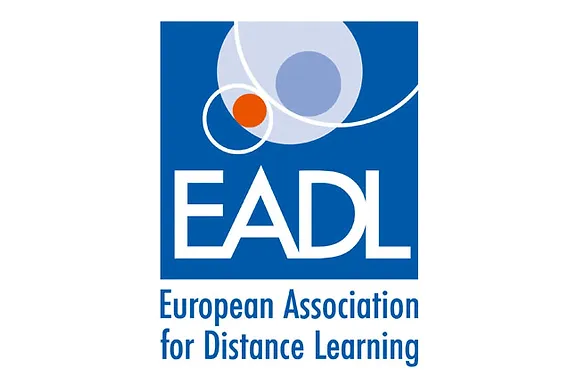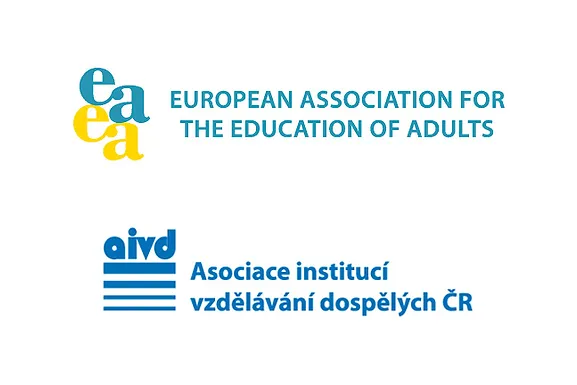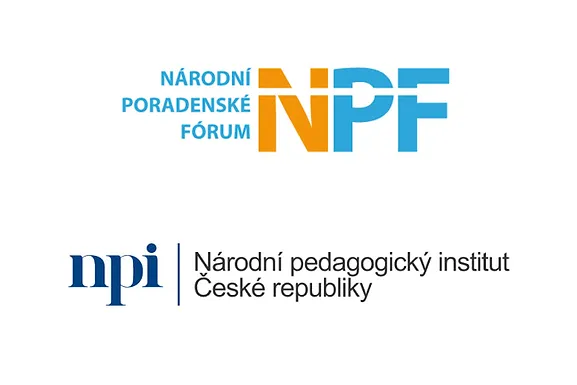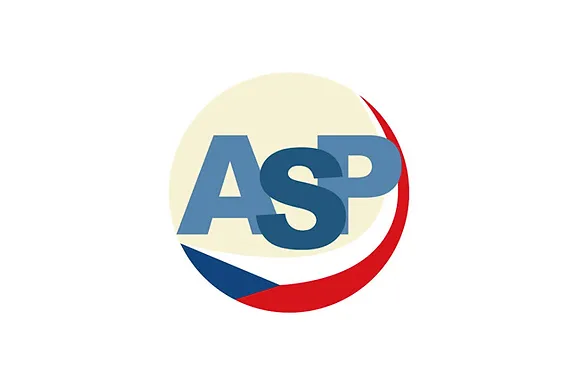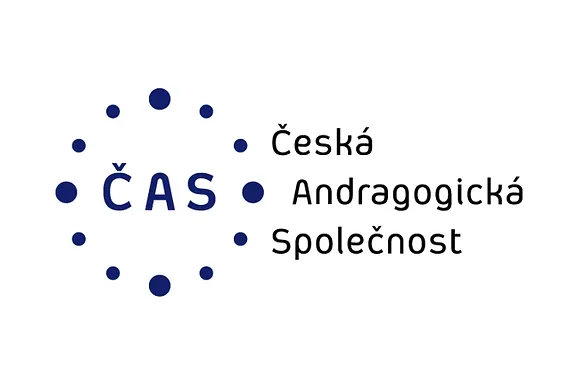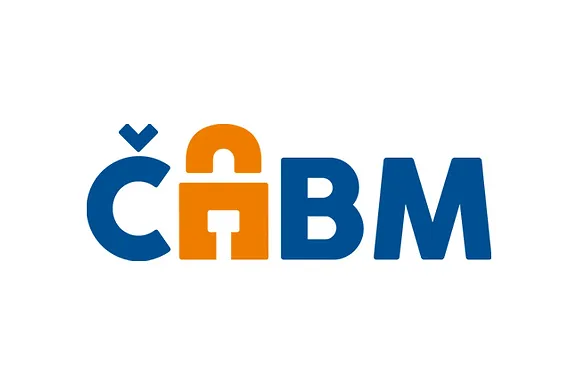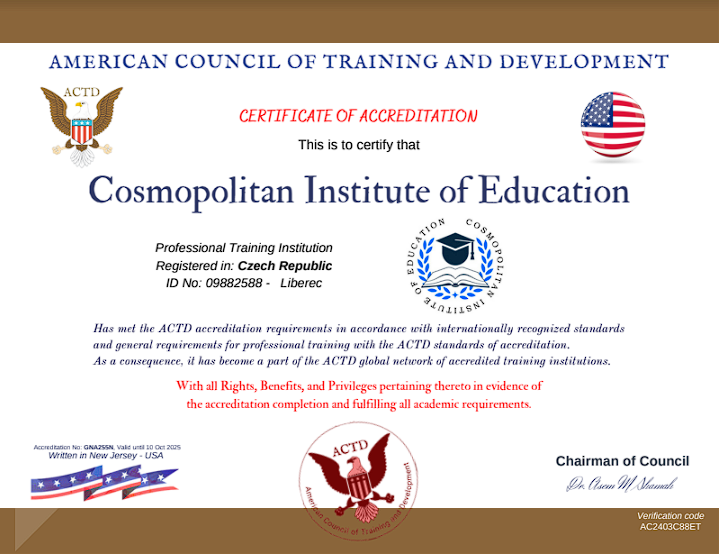Infos & FAQ
General Questions about Cosmopolitan-Institute
Before you choose a Bachelor’s or Master’s program with CIER, it’s helpful to have the essentials at a glance. From General Information through Admissions, Financing, and Recognition of Prior Learning, you’ll find clear answers here—designed for ambitious professionals who value quality, flexibility, and return on investment.
Frequently asked questions about CIER
CIER is a privately funded, accredited higher-education institution. Because we are not state-refinanced, tuition applies. In cooperative work-study formats, partner organizations typically cover tuition and may provide additional compensation.
Accreditation confirms institutional and program quality against rigorous standards and promotes international comparability of degrees. CIER holds institutional recognition, European and American accreditation and our programs undergo external quality review by specialized agencies.
CIER serves a large, growing learner community across online and hybrid formats. We measure our success by graduate outcomes and student satisfaction.
Questions about Studying at CIER
We offer three flexible formats so you can match study to life and career stage:
Online Study (100% flexible): Learn from anywhere, anytime—no mandatory on-site attendance.
Hybrid (myCIEstudy) Option: Combine online live sessions with selected on-campus experiences.
Dual/Work-Study Pathway: Split your time between practical training with an employer and academic learning.
No. Programs can be pursued full-time or part-time. Typical full-time pacing is ~30 ECTS per semester; part-time tracks reduce course load. In all time models, you have generous options to extend your study duration at no extra tuition for the extension period.
You’ll study with interactive digital resources - downloadable scripts/e-books, self-checks, videos, and, in selected modules, tutorials or interactive sessions. Our virtual campus connects you with peers, faculty, and support teams.
Yes. Upon enrollment you receive access to an extensive online library for research and many titles as e-books.
Alongside online delivery, CIER collaborates with multiple worldwide test centers and learning hubs. You may also complete proctored online exams where available.
Digital materials unlock as soon as your module is activated. Printed study guides (if requested) are shipped within a few business days.
Explore: Online Study, Dual/Work-Study, and Hybrid (myCIEstudy) to compare structure, pacing, and student services.
Yes—eligible Bachelor’s graduates can progress to a Master’s. All degrees awarded are accredited and recognized.
Yes—eligible Bachelor’s graduates can progress to a Docter’s Degree. All degrees awarded are accredited and recognized.
Typical full-time durations are ~36 months for Bachelor’s, ~24 months for Master’s and ~36 months for Doctor's with part-time options. You can also pause your studies (official leave of absence) from your second semester; total leave is capped to safeguard academic progress. Tuition is not charged during an approved leave.
A reliable computer, modern browser, stable internet, a PDF reader, and audio capability (speakers/headset & mic). For online proctored exams, dual-camera setup (webcam + mobile device) may be required.
Yes—your digital student ID is available in the CIER app/browser and you receive a matriculation certificate.
Our Advisory Team will guide you one-to-one. You can also use the CIER Program Matcher to identify the format and degree that best aligns with your goals.
Where can I find more information about the different study formats?
Study Format That Flexes to Your Lifestyle

Which study program fits you best?
Discover the study program that matches your experience and motivation best.
Questions about Application & Admission
Apply online at any time. Upload your documents; once verified, we finalize your enrollment so you can start promptly.
Admission requirements depend on the specific program and are listed on each degree page. Competitive capacity limits may apply in selected formats.
Yes - professional qualifications can provide alternative access to selected Bachelor’s programs. See the admission section of your chosen program for details.
Often, yes. Submit your:
Proof of exmatriculation (with reason),
Transcript/record of achievements,
Program structure/syllabus (module handbook).
We’ll review academic fit and outline your path to completion.
Experienced leaders and specialists may qualify via our Master for Professionals route, which typically requires:
A general higher-education entry qualification or a relevant multi-year vocational qualification,
Substantial professional experience (including leadership/senior expertise), and
A CIER preparatory module (e.g., a supervised paper plus an oral assessment).
A one-time fee applies to the preparatory module.

Questions about Financing
Tuition differs by program and format. Full details appear on each degree page. In work-study models, partner companies typically cover tuition.
Yes - monthly or semesterly or annual (individual agreement) plans are available. Usually the full amount is due before studies. You can change payment methods later by contacting Student Services.
For online/hybrid formats, tuition is usually charged monthly after the legal withdrawal period. A graduation fee is due at the time of your final assessment/colloquium.
Depending on your jurisdiction and personal situation, tuition may be tax-deductible. Consult our financing guidance and your tax advisor.
Financing YOUR Studies - it's that easy!
Are you looking for a financing concept that suits you perfectly? Discover your financing options for distance learning, part-time studies, dual studies and myCIERstudy.
Questions about Recognition of Prior Learning (RPL)
Yes. We consider university credits, professional training, and relevant work experience. Recognized credits can shorten your study time and reduce tuition.
As a rule of thumb, up to 50% of a program may be fulfilled by extra-institutional competencies. University-level credits can often be recognized in full (final theses are generally excluded).
From university study: Transcript with credits/hours, module descriptions (DE/EN), and (for non-domestic study) a grading-scale overview.
From professional training: Official completion certificate(s), content and hours, and (if abroad) grading/level system.
From certificates: Content and/or time-span evidence.
From work experience: Employer confirmation detailing role, responsibilities, and timeframe (or a qualified reference letter).
Certified copies may be requested in justified cases."
Certain CIER programs are designed to build on specific vocational qualifications, substantially reducing time and cost to degree (e.g., by ~50%) and enabling completion in an accelerated sequence.
Submit an RPL request with supporting documents. We can also perform a pre-check before you enroll so you understand your potential credit and savings early.
Before you choose a Bachelor’s or Master’s program with CIER, it’s helpful to have the essentials at a glance. From General Information through Admissions, Financing, and Recognition of Prior Learning, you’ll find clear answers here—designed for ambitious professionals who value quality, flexibility, and return on investment.

Application

Financial

Admission

Teaching at CIE
Glossary (quick academic terms)
Alumni: Graduates of an institution.
Auditorium: Lecture hall.
Bachelor (B.A./B.Sc./B.Eng.): First-cycle degree (typically 6–8 semesters).
BAföG (DE): German student financial aid framework.
Campus / Online Campus: Physical site / virtual learning environment.
CBT / WBT: Computer- or web-based training.
Cum laude / Magna cum laude: Honors distinctions, often for doctoral work.
Curriculum: Program structure or module plan.
Dean: Elected professor leading a faculty.
Dissertation / Doctorate (Promotion): Research work required for a doctoral title.
E-Learning / LMS: Digital learning; Learning Management System.
ECTS: European Credit Transfer and Accumulation System (60 ECTS ≈ one study year).
Enrollment (Immatriculation): Official admission to begin studies.
Exam / Colloquium: Assessment / final oral defense or presentation.
Exmatriculation: Ending student status (e.g., after graduation).
Faculty: Academic division (e.g., Law, Engineering).
Hybrid / Distance Learning: Blend of on-site and online / fully remote study.
Institute: Sub-unit within a faculty.
Lecture: Instructor-led teaching session.
Numerus Clausus (NC): Capacity-based entry restriction.
Podcast / Vodcast: Audio / video learning media.
Regular Study Period: Standard full-time duration of a program.
Scholarship: Merit- or need-based financial support.
Semester: Half-year study period.
Tutor / Tutorial: Teaching assistant / small-group or focused session.
Where can I find more information about the different study formats?
Virtual Classroom: Live online teaching environment.
Request a free study brochure

What you get for free
Do you still have questions?
Our free student advisory service has all the answers for you! We take the time to advise you individually and without obligation.
